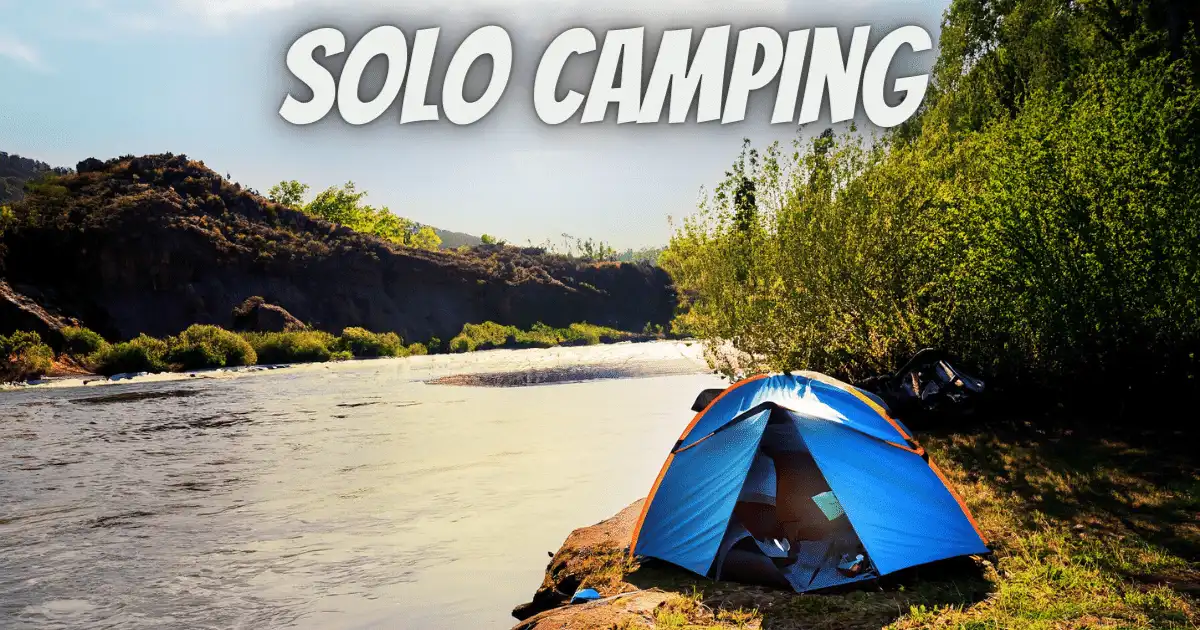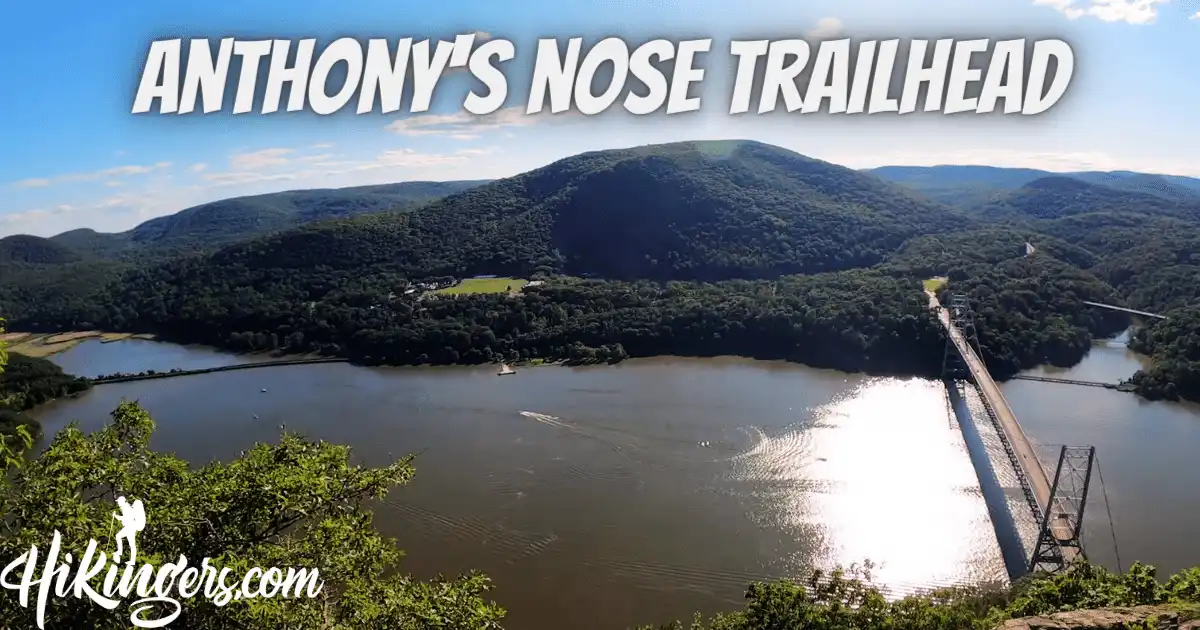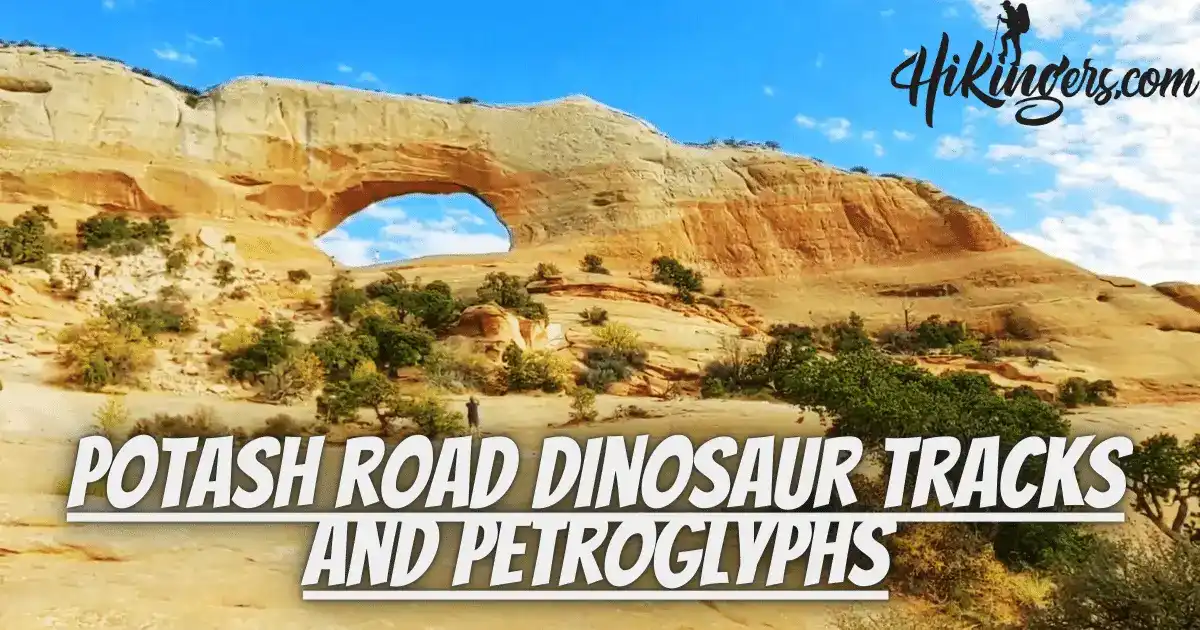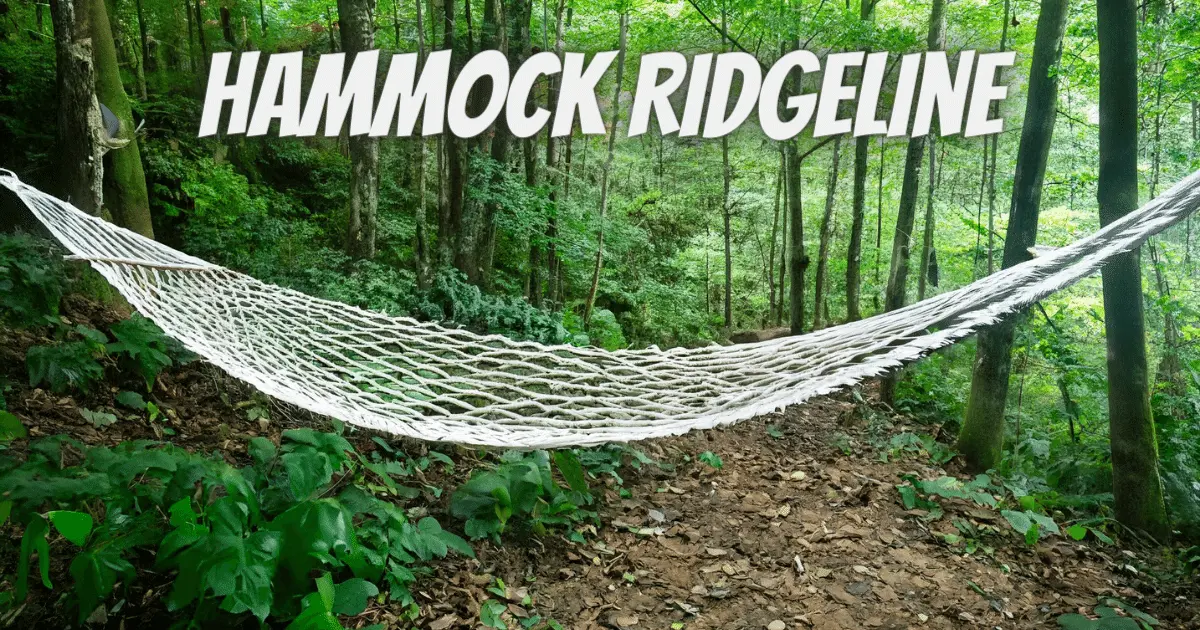Solo camping, also known as camping alone, is the practice of embarking on a camping trip by yourself without a companion. While it may seem daunting to some, solo camping can be an incredibly rewarding and fulfilling experience if done properly. This comprehensive guide covers everything you need to know about solo camping from crucial safety tips to must-have gear and hidden benefits of camping alone.
Evaluating Your Solo Camping Readiness
Before embarking on your first solo camping adventure, it’s important to make sure you have the necessary skills and mindset. Here are some key points to evaluate:
Research Your Destination

Carefully research your intended camping location to assess any risks, cell service availability, dangerous wildlife to be aware of, weather patterns, water availability, and proximity to help if needed. Being informed is crucial.
Know Your Skills
Make an honest assessment of your outdoor living skills from pitching a tent to navigating with a map and compass. If you are lacking in any core skills, get proper training beforehand. Self-awareness reduces risk.
Test Your Comfort Level
Solo camping inherently involves independence and solitude. Make sure you are fully comfortable being isolated and alone for an extended period of time. If you have any hesitations, build up slowly with easier trips.
Pack Proper Gear
Having reliable gear suited for the conditions provides safety and comfort. Invest in quality items like tents, sleeping bags, navigation tools, and sufficient food/water. Don’t skimp on essentials.
Choosing the Best Solo Camping Destinations
For first-timers, it’s wise to select destinations known to be safer and beginner-friendly. As you gain experience, you can attempt more advanced solo camping locations. Here are top options:
Established Campgrounds
Opting for recognized campgrounds, especially during high season, provides relative security and access to facilities. Site maps make navigation easy as well. State/national parks are ideal for solo starts.
Marked Trails

Following clearly marked and well-trafficked hiking trails minimizes the chance of getting lost while solo. Stay on designated paths and use caution venturing off-trail if navigation skills are rusty.
Bear Box Locations
If camping in bear country, seek out sites equipped with bear-proof food storage boxes. This allows secure food storage without a companion’s help.
Reception & Satellite Phone Friendly
When first gaining confidence with solo camping, it helps to choose locations with cell reception or that allow satellite phones or communication devices. This provides an emergency lifeline.
Must-Have Gear for Solo Campers
Having reliable gear designed for independence and self-sufficiency is critical when camping alone. Here is some essential gear every solo camper should seriously consider:
Lightweight Tent
A sturdy yet lightweight solo tent rated for the expected conditions provides reliable shelter without being burdensome to carry alone. Freestanding designs are often preferred.
Insulated Sleep System

Quality sleeping bags or quilts with insulated sleeping pads are essential for staying warm and comfortable at night while sleeping solo. R-value ratings of 4+ are recommended.
Satellite Messenger

A satellite messenger device like an inReach or SPOT Gen3 allows for two-way emergency communication, SMS, and SOS signaling from anywhere with a satellite connection. Vital for remote trips.
Water Filtration/Purification
Without a partner to assist, solo campers need effective water purification tools like pumps, chemical treatments, or UV light devices to independently sanitize water from natural sources.
Bear Spray
If bears are a concern, always carry bear spray for temporary, non-lethal protection. Follow proper use protocol and store it accessibly.
Trekking Poles

Trekking poles enhance stability on uneven terrain and provide an added sense of security when hiking alone. They also aid stream crossings.
Portable Charger
A USB power bank allows solo campers to keep critical devices charged like headlamps, communication gear, navigation devices, and phones without relying on others.
Unexpected Benefits of Solo Camping
While the self-reliance aspect appeals to many solo campers, the experience also delivers some unexpected psychological perks:
True Independence
Relying entirely on your own skills and judgment builds meaningful confidence and independence. You dictate all plans without compromise.
Focus & Presence
With no conversation, solo camping allows for deeper focus on and connection with nature. Taking it all in leads to immense presence.
Self-Reflection
The solitude opens doors for valuable self-reflection, introspection, and contemplation without outside distractions.
Problem-Solving
Adapting to unexpected challenges alone requires creative problem solving and quick, decisive action. These are transferable skills.
Sense of Accomplishment
Completing a solo camping trip instills a deep sense of personal accomplishment, boosting confidence to take on greater challenges.
Staying Safe While Solo Camping
While tremendously rewarding, solo camping does involve enhanced risk. Mitigate potential hazards by following these tips:
File a Trip Plan
Leave a detailed trip plan with the specific dates/locations of your solo hike with a trusted contact. Check in with them periodically.
Bring Signaling Tools
Carry a whistle, signal mirror, and bright strobe light for attracting help quickly if injured or lost.
Learn Wilderness First Aid
Get trained in basic wilderness medical skills like wound care, stabilization, CPR, and more. First aid can literally save your life alone.
Watch the Weather
Check forecasts vigilantly and avoid hiking in severe weather that could quickly turn hazardous without a partner to rely on.
Stick to the Plan
Impulsive decisions often increase risk. Stick to your original trip plan unless a clearly safer alternate presents itself. Avoid exploration “just to see.”
Trust Instincts
Pay attention to gut feelings. If something about an area doesn’t feel right, retreat. Innate instincts evolved to detect threats.
Conclusion
Solo camping allows intrepid adventurers to test their self-reliance, build confidence, and form a deeper connection with nature. While proper precautions are required, it is an incredibly rewarding pursuit. Start small, choose suitable locations, pack proper gear, and ease into the experience to unlock the enriching benefits of camping alone. The wilderness awaits.
Frequently Asked Questions
What are the biggest risks of solo camping?
The main risks are injury/illness with no one to assist, getting lost with no companion to help navigate, and animal attacks. Other issues are exhaustion carrying gear alone and potential equipment failures.
What skills should I practice before solo camping?
Important skills include first aid, navigation with map/compass, weather forecasting, gear repair, fire building, wildlife safety, water purification, and survival shelter building.
Can solo camping be done safely?
Absolutely, with the right precautions. Carefully choosing suitable locations, filing trip plans, packing proper gear, learning key skills, and trusting instincts will all help mitigate inherent risks.
Is solo camping legal everywhere?
Most locations allow solo camping, but do check regulations. Some parks restrict camping alone due to safety concerns or require special permits. Never trespass on private property.
Is solo camping recommended for beginners?
It’s generally not advised for total beginners. Build foundational outdoor living skills through group camping first. Solo camping is better suited for intermediate to advanced campers.
You May Also Like

My name is David James I am an adventurous hiker based in California. Through this weblog, I percentage my passion for exploring nature’s wonders, documenting breathtaking trails and hidden gemstones.



